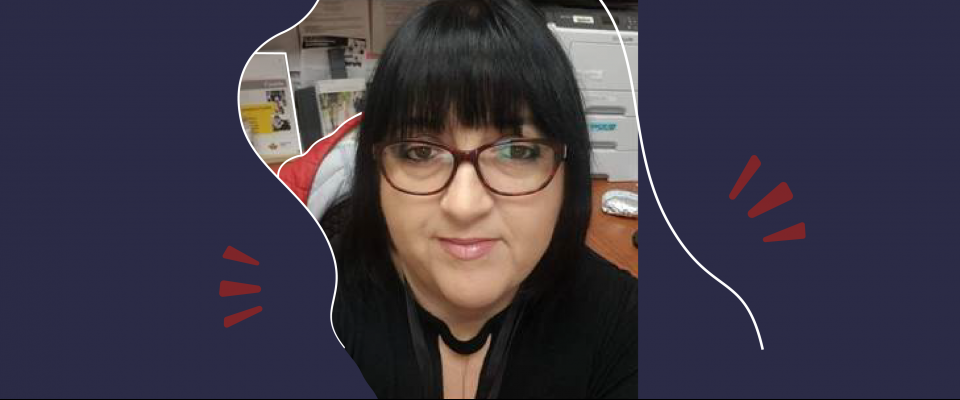When the pandemic hit, front line staff with Veterans Affairs Canada (VAC) – suddenly working from their homes – had to quickly adjust to a different world, one which left many of the veterans who rely on them even more isolated and vulnerable due to COVID-19 restrictions.
Vanessa Buck, a Veterans Service Agent (VSA), has been working with veterans for 15 years, helping them access all the government services available to them.
Normally, Vanessa works out of VAC’s Scarborough-Toronto office along with a team of about 40 others. Most of the veterans that they serve – those living in the Toronto area – are senior citizens, many in their 90s.
In most cases, when a veteran calls VAC for help, they are directed to a VSA, who can then help them access the services they need, such as home care or medical benefits. Although most of this work is done over the phone, in some cases Vanessa would visit a veteran at home; for example, if they needed extra help filling in paperwork. Since the pandemic began, she has been unable to make these house visits. She has also received more calls from veterans who are isolated from their families and their usual supports.
Vanessa and her colleagues had to adapt and find other ways to help in these situations. In one case, Vanessa assisted an elderly veteran, who had to be hospitalized during the pandemic, but once out of the hospital returned to a house that was inaccessible, and without rehabilitation services available.
“I had to help them fill in a disability application, but they were having difficulties,” said Buck. “Normally, I could have gone to their house and assisted them with the paperwork, but because of the pandemic I was unable to, so I contacted their doctor, a social worker, and the local health unit. Then I could get them on a program that provides home care services.”
The veteran got the services they needed. Vanessa still checks in on this veteran to make sure they’re okay, making sure they have community resources and other assistance as needed.
Aside from challenges in dealing with clients, Vanessa and her colleagues also had to face the additional challenges that came from suddenly working from home. Technological and ergonomic hurdles had to be overcome, as well as the fact that suddenly, some of her coworkers were unable to work due to child care or eldercare responsibilities. The pandemic situation has caused an increased workload for those like Vanessa, with various challenges and hurdles while continuing to serve clients from their homes.
But there was also a cost not being able to interact with her colleagues face-to-face. “A big challenge for me has been not being able to meet when we have interdisciplinary teams,” said Buck. “Although we do it by teleconference, it’s not the same. Not having a face-to-face support group is a challenge.”
Despite all these difficulties, the team has continued to provide efficient and high-quality service to the many veterans that depend on them.
“The veterans have been happy with the services they have received,” said Buck. “I am proud to serve Canada’s veterans and proud of my team’s hard work and dedication.”
 Member Login
Member Login



